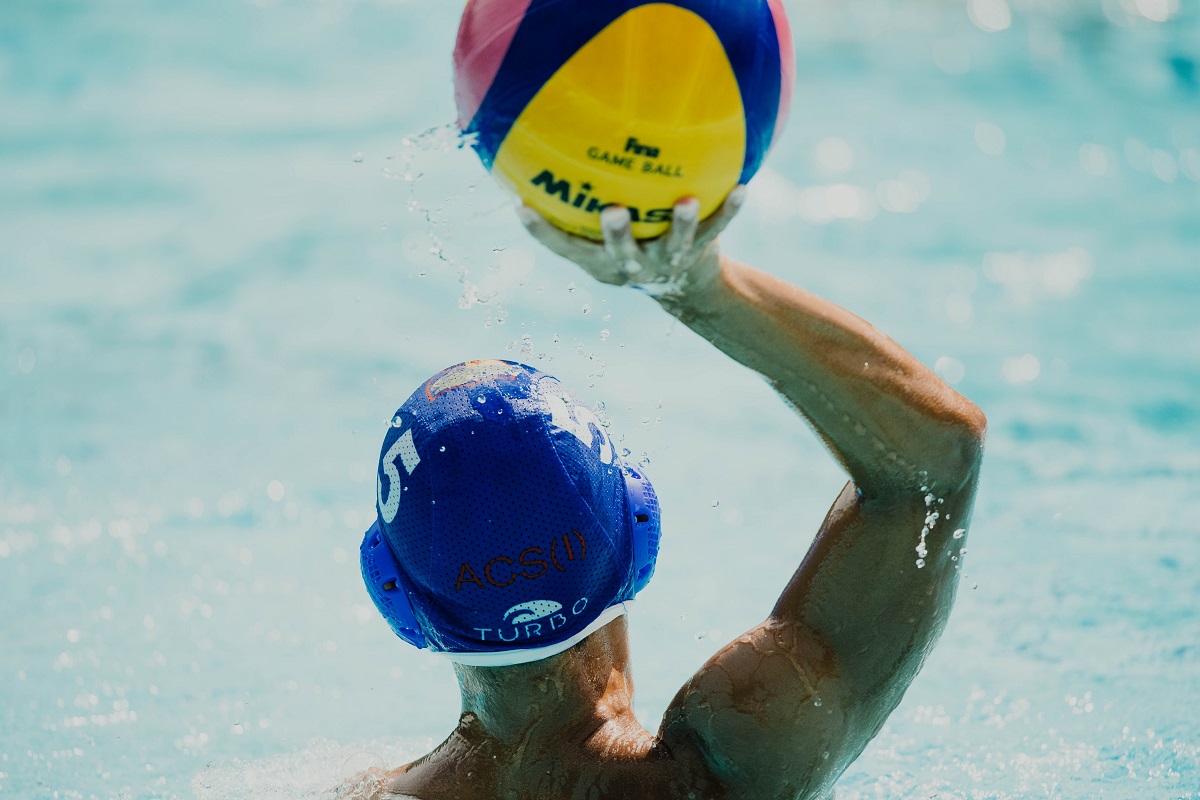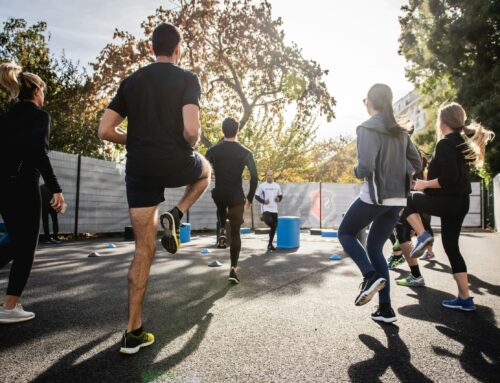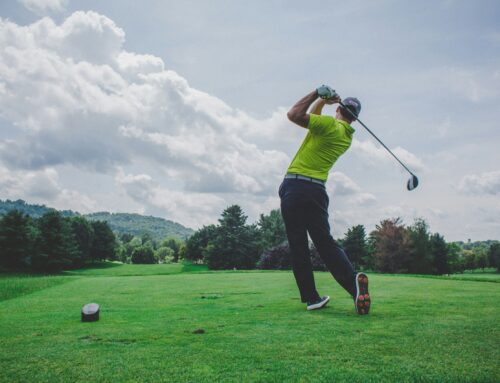Do we really know what is happening in shoulder pain with Rotator Cuff Tendinopathy?
Why do some patients with shoulder pain respond as hoped and get better and some just don’t? Are the reasons all physical? Well apparently not:
The authors of this article describe perceived shortfalls in current tissue based mechanical models for explaining rotator cuff tendinopathies and then provide an alternative or additional way of approaching them.
There are a number of problems with solely tissue based explanations. One is the lack of association between pain and the level of pathology seen. Put simply, patients who have tremendous levels of pathology (for example disc prolapses, muscle/tendon tears, tendon calcification, osteoarthritis etc) on scans don’t necessarily have pain and those who have high pain levels don’t necessarily have bad pathology on investigation.
In addition, patients with high levels of pathology don’t necessarily have a worse outcome than those with low levels. In fact levels of tissue damage may show no improvement despite patients improving clinically!
The suggestion is that we consider the role of the CNS (central nervous system) far more in the generation and maintenance of pain in rotator cuff tendinopathies. Central sensitisation, a process whereby the CNS gets regulated in a persistent state of high reactivity and causes altered pain processing may well be at play in some of our shoulder patients. It has been shown that patients considered to have high levels of central sensitisation pre-operatively reported worse outcomes 3 months after surgery. This state of high reactivity can often persist even after tissues have healed.
In effect, the patient overloads their shoulder; this produces tissue responses that the CNS perceives as threatening. For a variety of reasons, this response is often raised and prolonged, even after damage to tissues would have healed.
A good Physiotherapist should be able to recognise when these kind of situations are developing and try to deal with them accordingly. Although suggested interventions may well be the same as in more standard cases, including therapeutic exercise and mobilisation, it is likely the advice and explanations given are not.
If you or anyone you know is suffering from shoulder pain and would like to have a physiotherapy assessment for suitability of physiotherapy treatment, contact us here.
The central nervous system – An additional consideration in ‘rotator cuff tendinopathy’ and a potential basis for understanding response to loaded therapeutic exercise, littlewood et al, Manual Therapy, 8, 6, p468-472.





